People are often stunned when I tell them I graduated from Morehouse College. While such amazement says more about their presumptions of the historically Black, men's-only institution (which has produced the likes of Martin Luther King Jr., Samuel Jackson, and Spike Lee) than it does me, I often laugh it off with some variation of "life for me ain't been no crystal stair." After all, I know that an unapologetically queer and gender nonconforming person such as myself isn't the prevailing image that comes to mind when folks think of "Morehouse Men."
Without fail, each of these encounters triggers a flashback to my four years on those hallowed grounds in which I'm reminded of the tireless efforts others and I put forth to create a safe space for students and faculty of all genders, presentations, and sexualities. By sheer will and the desire to not only survive, but to thrive, we were able to inch our campus toward greater acceptance and support for its queer and trans students -- though our visions to root out homophobia and transphobia and respectability, of the institutionalized variety and otherwise, were not yet complete when we graduated.
When I heard the news that Morehouse updated its admissions policy to expressly admit students "who live and identify as men, regardless of the sex assigned to them at birth," I froze. While I always hoped "the nation's headquarters for Black male excellence" would come to expressly affirm and support all Black men, I wasn't sure it would come so soon. But this decision, despite the inevitable pushback it will receive, is Morehouse finally living up to the thrust of its legacy. It's (in the process of) becoming the institution countless queer and trans graduates knew it was always capable of being. And though the policy is by no means perfect, it is a historic step in the right direction, especially in the context of the legacy of LGBTQ+ graduates that are so often ignored and erased from recruitment materials, convocations, and institutional lore.
Like the efforts of Keiron Williams who in 1995 tried to charter Morehouse Adodi, a support group for queer students. Amid anti-gay demonstrations that included chants of "Hell, no! Gays gotta go" and "Fight the F****ts," the student senate unanimously denied (48-0) his proposal. Or Michael Brewer, Daniel Edwards, Kevin Webb, Marcus Lee, Kenneth Pass, Fatima Jamal, Bummah Ndeh, Titi Naomi Tukes, and Ramon Johnson who, among others and in Williams' memory, led Safe Space, the school's sexuality and gender diverse collective.
A rush of energy came over me the first time I set foot on the Atlanta campus knowing that I'd be shoulder to shoulder with other Black men who wanted to change the world. I'll never forget all 800 of us being forced to stand in line on Brown St., the main road running through campus, for what felt like hours in formal wear as we waited for New Student Orientation events to begin. In that late summer of 2009 humidity, I had on black slacks, a red button-down shirt, a black tie, and red, Stacey Adams alligators with a silver tip -- I'm from South Carolina. What can I say? As orientation leaders paroled the line, some stopped to adjust a tie or get to know an incoming student. Then there were others who'd berate those wearing jeans and sneakers, or those who didn't know that white socks with dress clothes or that different colored belt and shoes were not acceptable. It was an experience, one that I look back on now as a signal of the respectable environment I was entering, but in the moment felt like home.
My freshman year, the college instituted an "appropriate attire policy." This dress code, which banned sagging and limited wearing hats and durags among other things, became a national news story because of another tenant that restricted wearing "clothing usually worn by women." Dr. William Bynum Jr., then the college's vice president of student services, told outlets that the latter part of the policy was aimed at "about five students who are living a gay lifestyle that is leading them to dress a way we do not expect in Morehouse Men." The school felt justified in its decision, he said, having discussed the rule in advance with Safe Space. The internalized homophobia jumped out as of the 27 people in the room (of which I was not in), only three voted against it.
A year later, Vibe published an article about a handful of current and former students who shared their experiences navigating the homophobic and transphobic environment of the school, and broader society, as people whose gender presentations sometime bucked conventions. Titled "The Mean Girls of Morehouse," it jump started another conversation about the brand of the college, what it means to be a "Morehouse Man," and how we treated GBTQ+ students.
"Can a man of Morehouse be gay? Absolutely," the piece's subhead read. "Can a man of Morehouse be a woman? Meet The Plastics."
Feverish debate broke out in common areas and sidewalks throughout the campus -- here's footage of one of them -- with students on all "sides" making their cases. At the same time, there was a new crop of freshmen who were unapologetically queer and high femme in spite of the looks and jeers. Hearing people question their personhood, I felt compelled to do more in service of their safety and well being, and to begin revealing more of my authentic self.
Junior year, I became a resident advisor and dedicated my programming to centering LGBTQ+ issues. I used my platforms from various organizations, including the school newspaper, to uplift our narratives and began to focus my sociology major on documenting the coming out experiences of Black LGBTQ+ folk. Along with new leaders of Safe Space, I met with college administration as we begun formally working toward abolishing the unequally-enforced dress code and institutionalizing support for queer and trans students on campus.
By the time I graduated in 2013, I was happy with my role in our hard-fought battle for inclusion and dignity. While many of those efforts had not yet been achieved, I knew the work would continue considering the energy and commitment toward change LGBTQ+ students and allies exhibited across the Atlanta University Center (which includes its sister school Spelman College and Clark Atlanta University). Six years later, Morehouse's new admissions policy is, in part, a reflection of that.
But, to be clear, the policy is not perfect. Some might even go as far as saying it isn't progressive or trans-inclusive at all as it forces trans students who begin identifying as women while enrolled to withdraw from the institution. They wouldn't be completely wrong. Spelman's policy (which was revised itself in 2017), for example, that permits students who begin identifying as men to complete their education at the Black women's college is one that, on its face, better supports students. And though an attached Frequently Asked Questions to the Morehouse ruling says nonbinary and gender nonconforming people are eligible for admission -- meaning that it's just people who identify as women that are excluded -- there's no clear idea of what other ways the school plans to advocate for and support GBTQ+ students, particulalry those whose gender presentations fall outside of what the institution historically has produced.
Because if the faculty and staff aren't appropriately (re)educated on supporting them, if student and health services aren't culturally competent, and if anti-trans (and anti-queer) bias among the student body is allowed to exist, such a policy is purely lip service masked as progress. And, moreover, forcing students who come into their womanhood to withdraw with no expressed support from the college in arranging other educational options -- at Spelman perhaps-- is concerning.
When Morehouse first established it's appropriate attire policy -- which is still in place, but no longer explicitly bans "women's clothing" -- Bynum, now the president of fellow HBCU Jackson State University, said it was an opportunity to "get back to the legacy" of the institution. But it's in this moment that the legacy of Morehouse is most honored, to me, even if it's still not yet enough.
I can't quite say that the new policy is the Promised Land we've all been working towards. Its impending implementation and impact on students will. Some have already begun sharing their thoughts online, with a few using #MorehouseCannotEraseMe. But I know this step wouldn't have happened when I was a student. Maybe it doesn't go for enough, but it goes somewhere.
We have a saying at Morehouse, that she "holds a crown above her children's heads that we must grow tall enough to wear." It seems like Mother Morehouse has been doing some growing of her own.


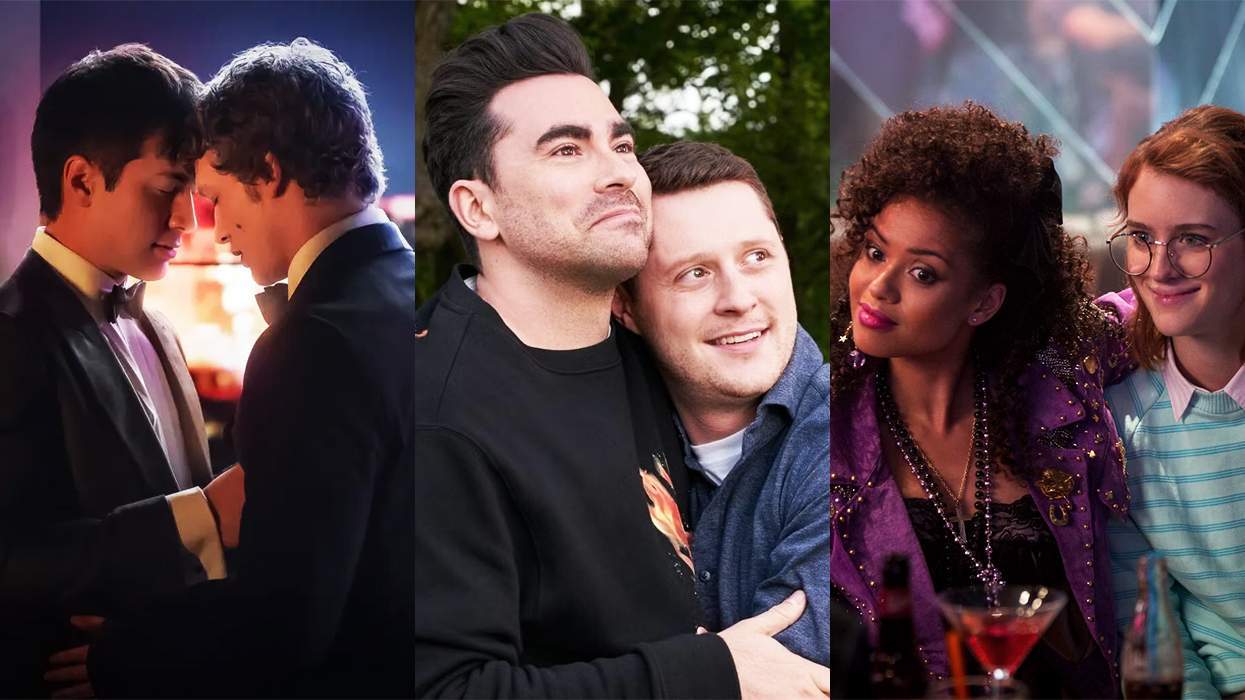
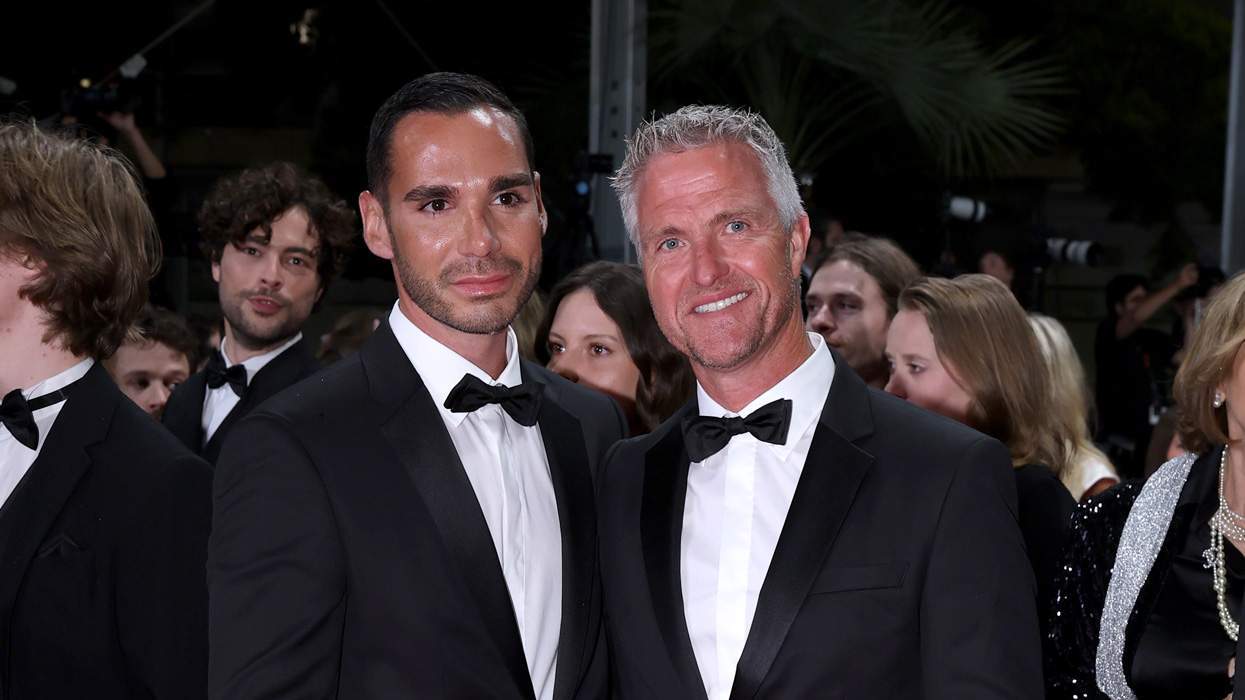














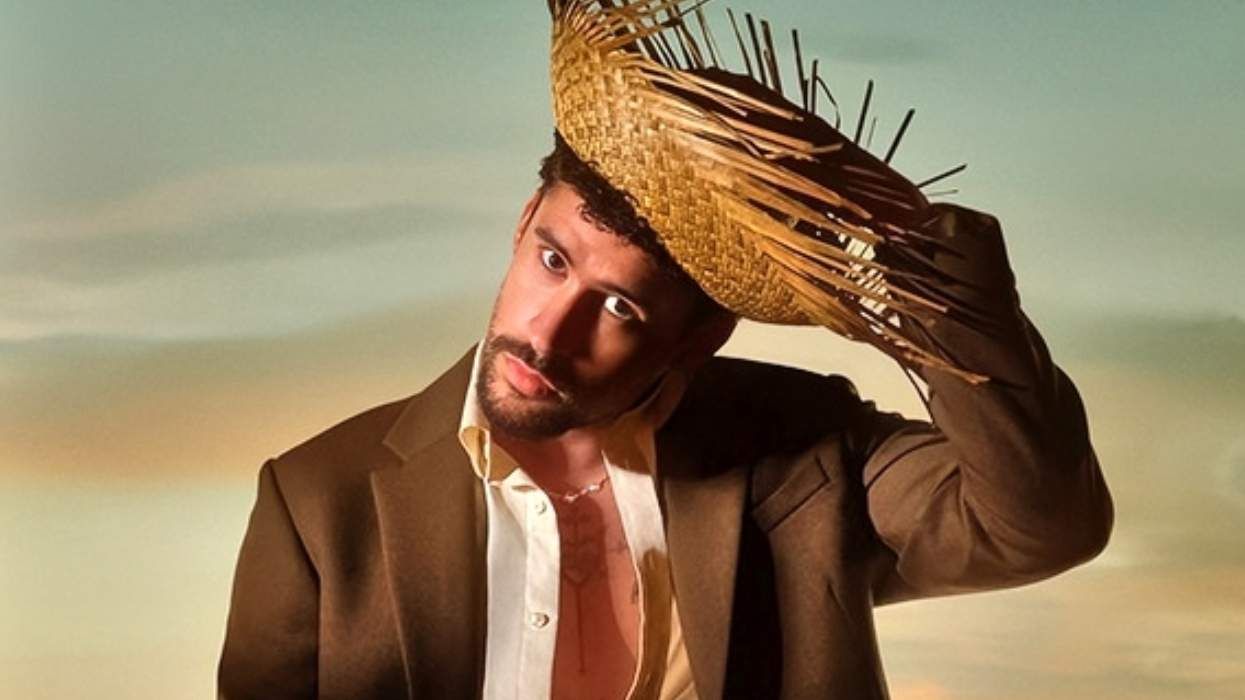
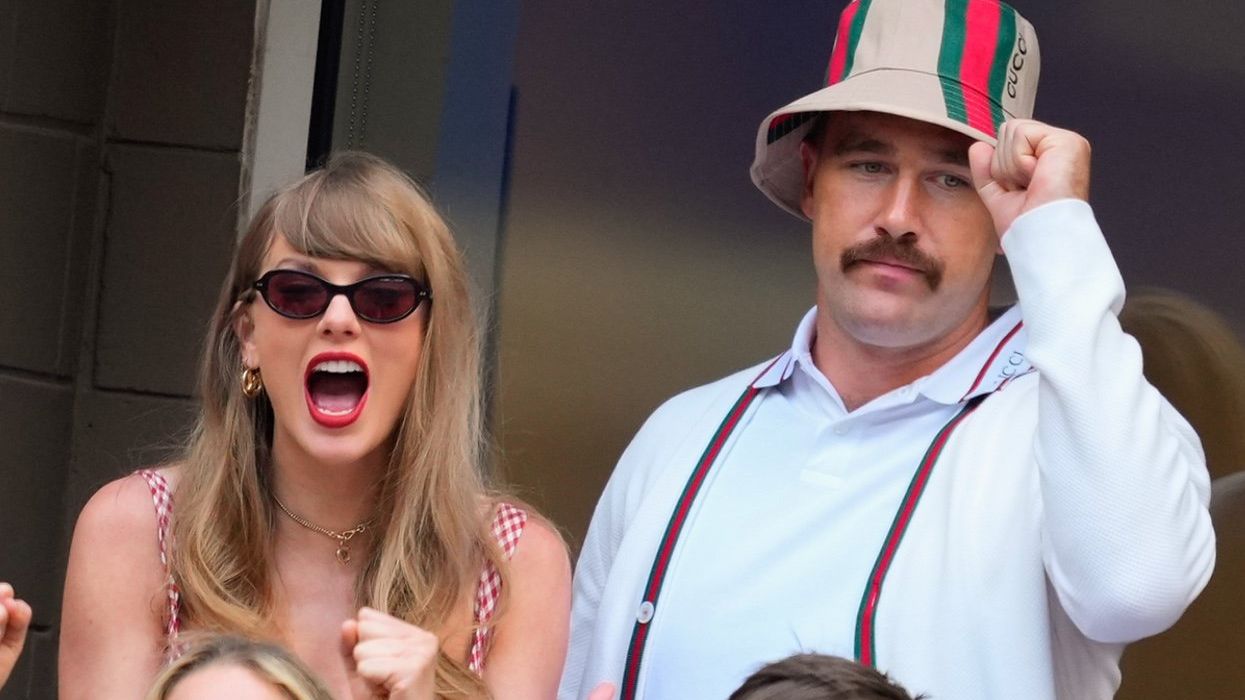
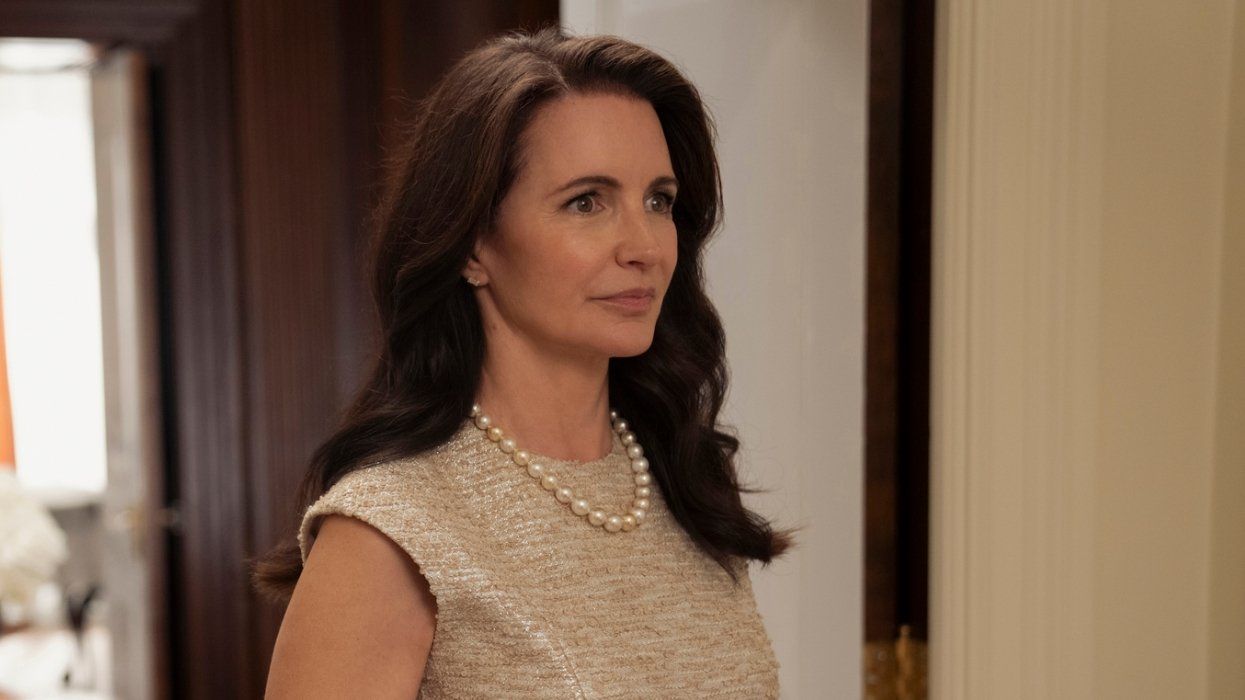
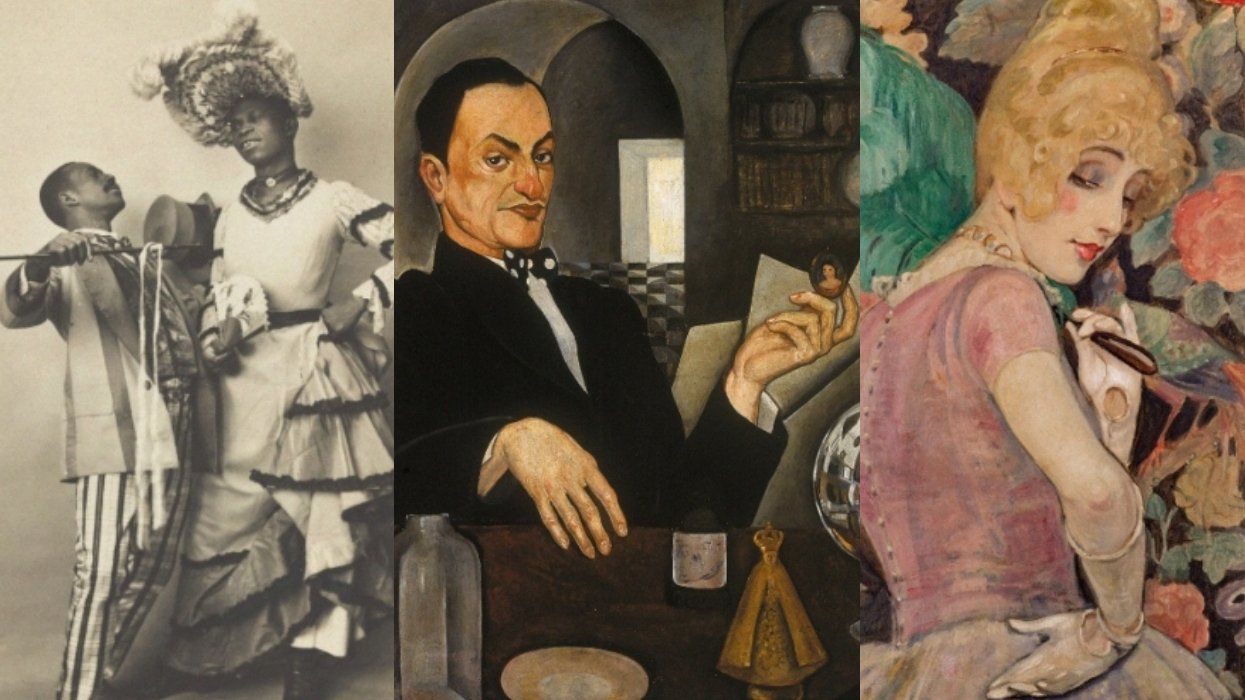


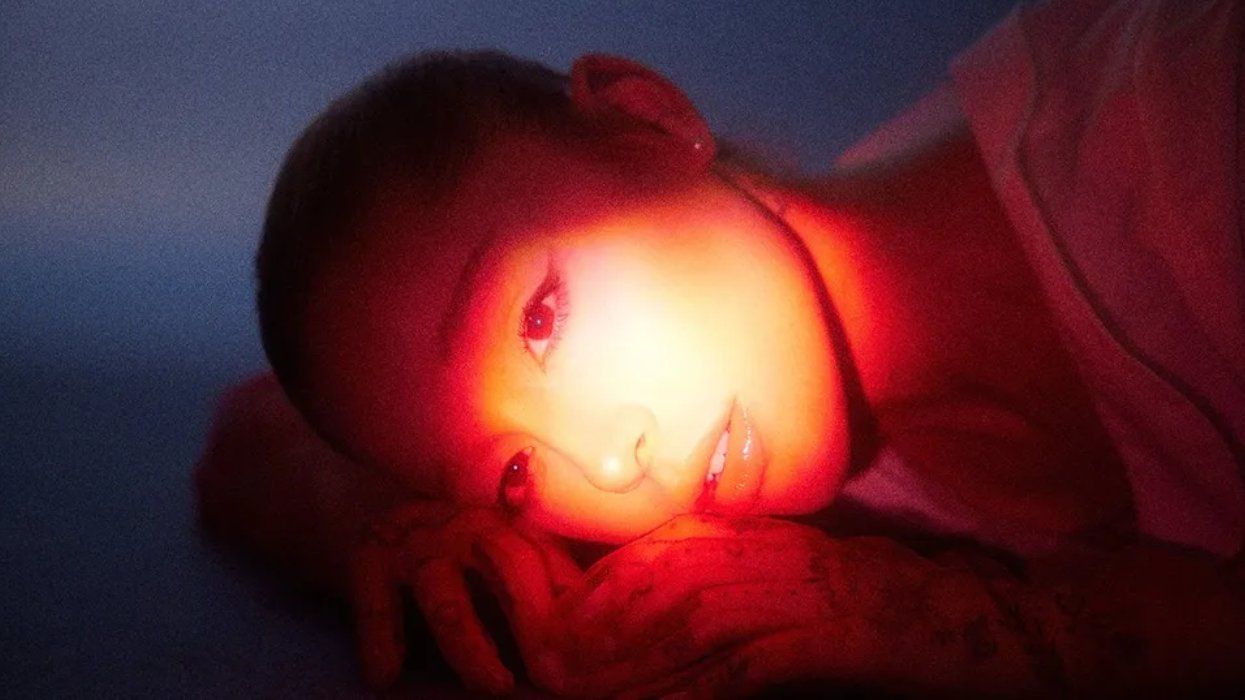

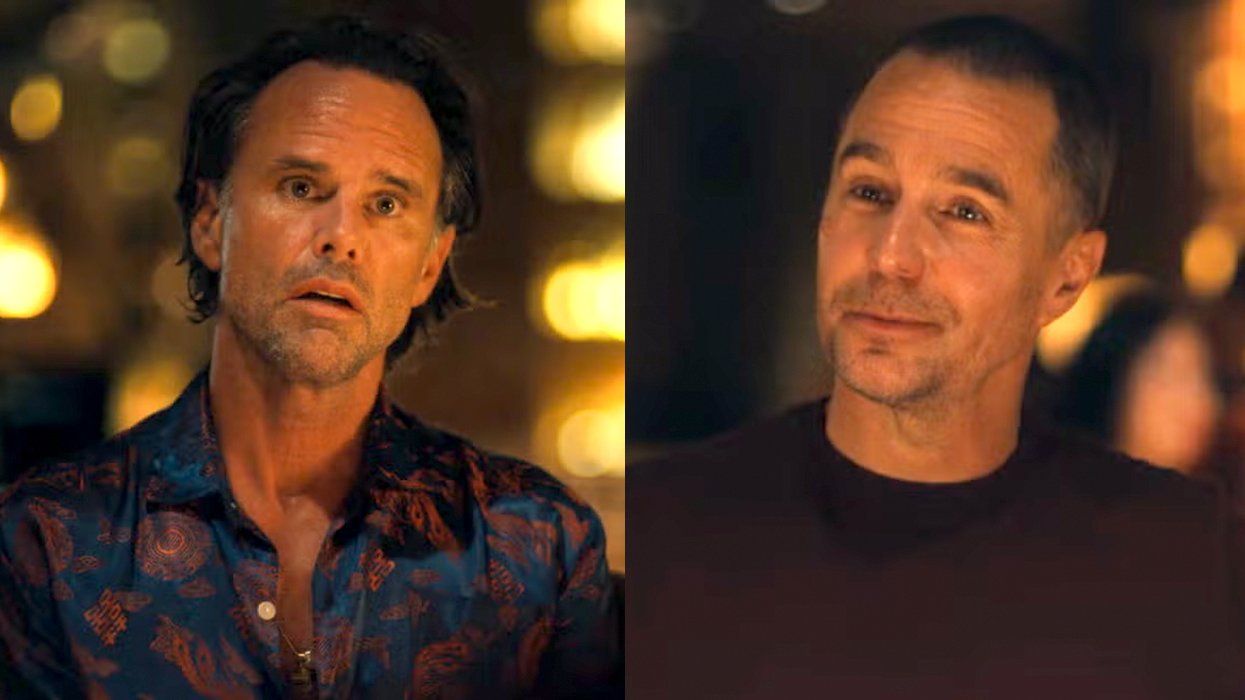

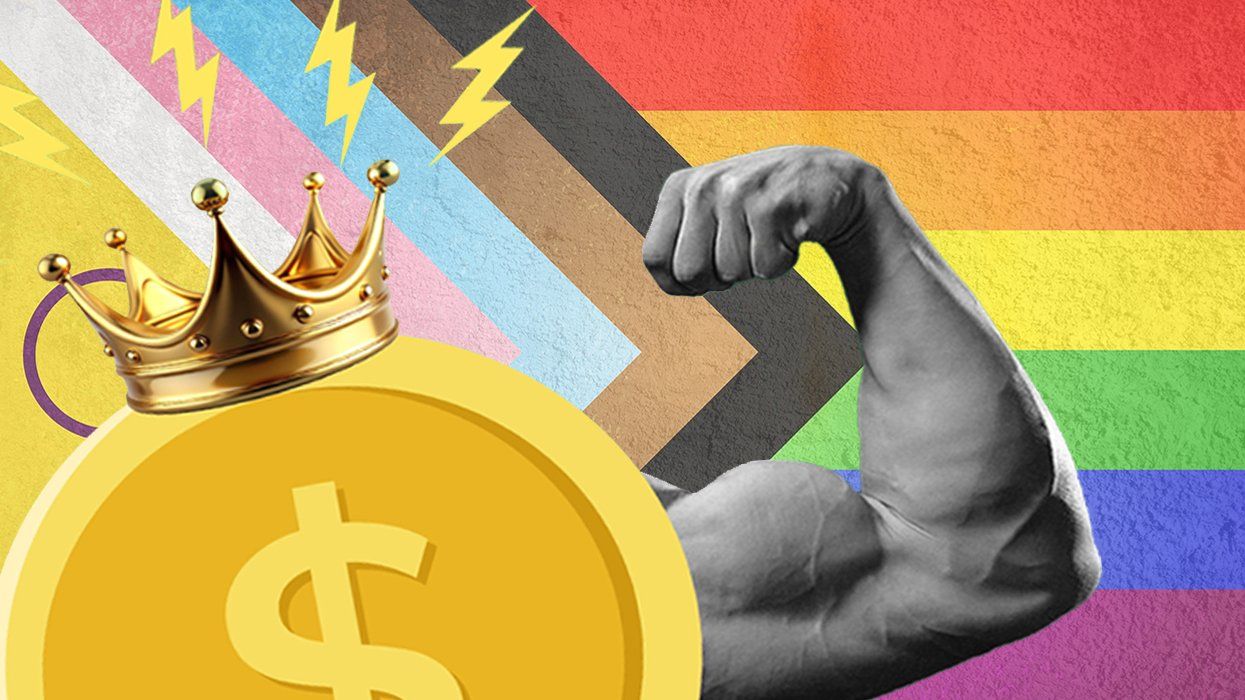
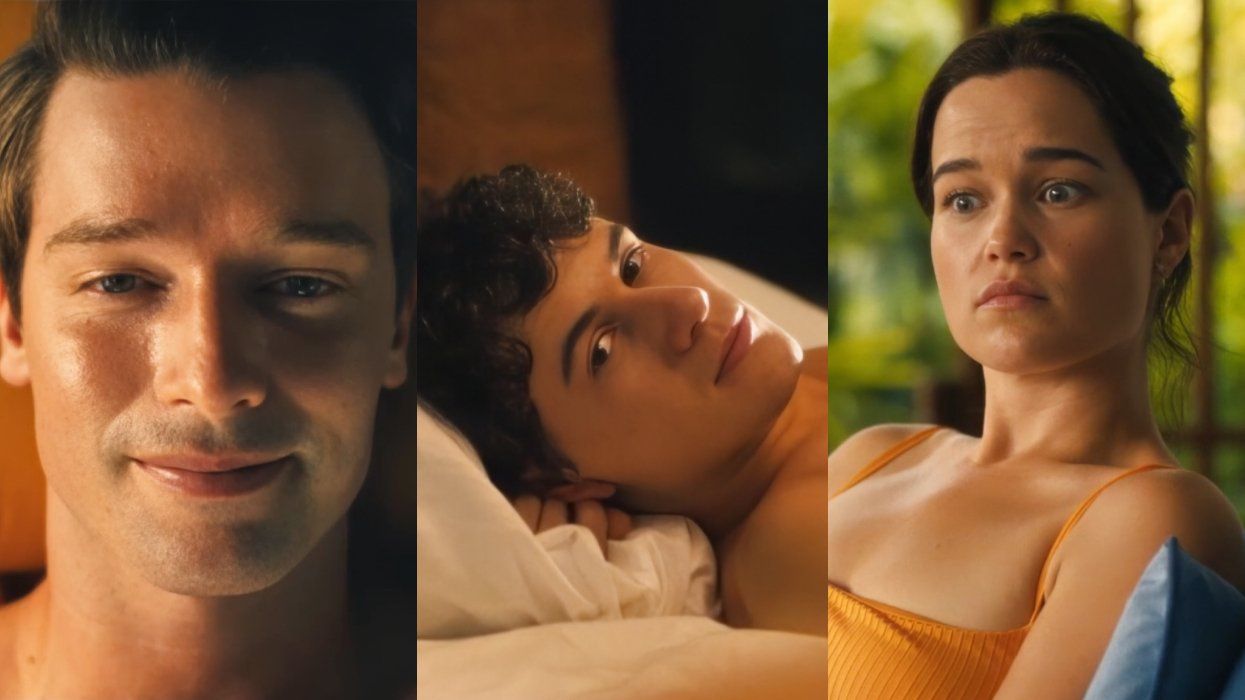
Morehouse’s Trans-Inclusive Policy Is Historic. But It’s Not Perfect
Trans men can now enroll in the historically Black, men's-only college.